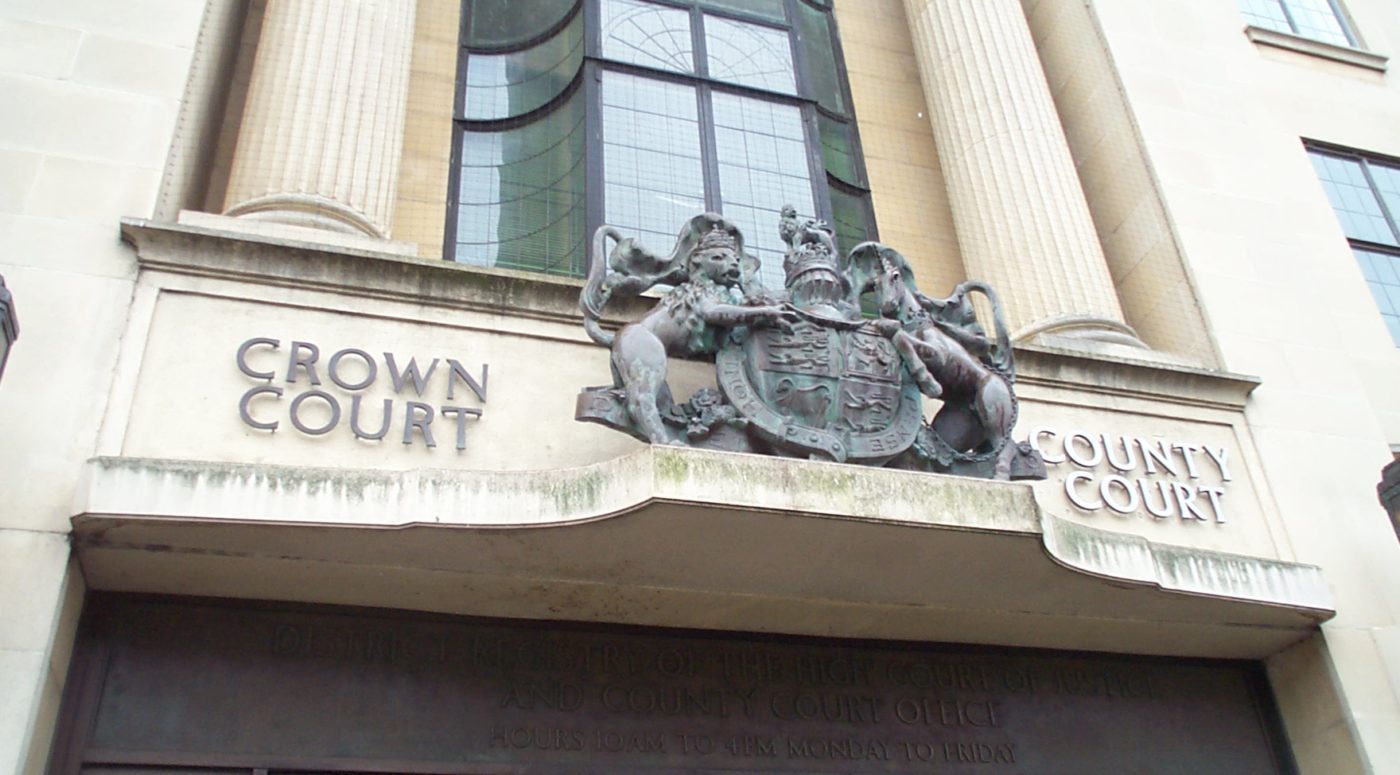

Being accused of involvement in a proscribed organisation for the first time brings about considerable legal ramifications in the United Kingdom. This offence involves being affiliated with groups deemed unlawful by English law, with activities related to terrorism or other unlawful acts. This article delves into the fundamental components of the offence of membership of proscribed organisations, the typical legal proceedings involved, potential sentencing repercussions, and avenues for seeking legal assistance in such circumstances. Should you find yourself being charged with membership of proscribed organisations as a first-time offender, it is very important to comprehend the gravity of the matter and seek the services of a qualified legal professional to commence building a robust defence strategy.
What is the offence of membership of proscribed organisations / terrorist groups?
Terrorism offences in England are governed by the Terrorism Act 2000 and its amendments, such as the Terrorism Act 2006, the Counter-Terrorism Act 2008, and the Terrorism Prevention and Investigation Measures Act 2011, for the most part. Other specialist legislation may be used where required.
In England, the offence of membership of proscribed organisations, also commonly referred to as involvement with terrorist groups, is outlined in Section 11 of the Terrorism Act 2000. To secure a conviction for this offence, the prosecution must establish several key elements beyond reasonable doubt:
- Membership or Support: The prosecution must demonstrate that the accused was a member of, or provided support or assistance to, an organisation that has been proscribed under the Terrorism Act 2000. This support can encompass various forms of aid, such as providing financial assistance, promoting the activities of the organisation, or actively participating in its operations.
- Knowledge of Proscription: It must be proven that the accused was aware or had reasonable cause to suspect that the organisation in question was proscribed under the Terrorism Act 2000 at the time of their alleged involvement. This element is crucial in establishing the accused’s culpability and intent.
- Intent to Further Terrorist Activities: The prosecution must demonstrate that the accused had the intention to further the activities of the proscribed organisation, which may include planning or carrying out acts of terrorism, fundraising for terrorist purposes, recruiting members, or disseminating propaganda in support of terrorist ideologies.
- Criminal Liability: The prosecution must establish that the accused’s actions or support for the proscribed organisation amounted to criminal conduct under the provisions of the Terrorism Act 2000.
To secure a conviction for membership of proscribed organisations, the prosecution must prove beyond reasonable doubt that the accused knowingly associated with a proscribed group, intended to further its terrorist activities, and engaged in conduct deemed unlawful under English law.
What are some examples of the offence of membership of proscribed organisations / terrorist groups?
Here are some examples of membership of proscribed organisations offences in the UK:
- A person participating in training camps organised by a proscribed terrorist group.
- Providing financial support to a proscribed organisation for the purpose of carrying out terrorist activities.
- Distributing propaganda materials advocating violence on behalf of a proscribed group.
- Recruiting individuals to join a proscribed organisation with the intent of furthering its terrorist agenda.
- Planning or conspiring to carry out terrorist attacks in coordination with a proscribed group.
- Facilitating the travel of individuals to join the ranks of a proscribed terrorist organisation abroad.
- Engaging in online activities to promote the ideologies and goals of a proscribed group, such as radicalisation through social media.
- Harbouring or providing shelter to members of a proscribed organisation to evade law enforcement authorities.
- Participating in fundraising activities or collecting donations for the financial support of a proscribed group’s terrorist activities.
- Supplying weapons, explosives, or other materials to a proscribed organisation for the purpose of carrying out terrorist acts.
What happens if you are accused of membership of proscribed organisations / terrorist groups?
Being accused of membership of proscribed organisations in the UK typically leads to the following:
- Investigation: Upon receiving the accusation, police or other specialist law enforcement agencies may initiate an investigation to gather evidence against you. This may involve surveillance, interviews, searches, and the collection of digital evidence.
- Arrest: If the authorities believe there is sufficient evidence to support the accusation, you may be arrested. You will then be taken into custody for questioning and further investigation.
- Charge: Following the investigation, if the authorities believe there is enough evidence to proceed, you may be formally charged with the offence of membership of proscribed organisations. The charge will outline the specific allegations against you.
- Bail or Detention: Depending on the circumstances of the case and the perceived risk you pose, you may be released on bail pending trial or remanded in custody until your trial date.
- Court Proceedings: You will appear before a court to answer to the charges against you. During the trial, the prosecution will present evidence to prove your involvement with a proscribed organisation beyond a reasonable doubt.
- Sentencing: If convicted, the court will determine an appropriate sentence. The severity of the sentence will depend on various factors, including the nature and extent of your involvement with the proscribed organisation, any mitigating or aggravating circumstances, and the potential risk you pose to society.
- Appeal: If you disagree with the verdict or the sentence imposed by the court, you may have the right to appeal the decision to a higher court.
A conviction for membership of proscribed organisations can have serious consequences, including imprisonment, financial penalties, restrictions on your movements and activities, and a permanent criminal record, which can significantly impact your personal and professional life. This is why it is imperative to secure the advice of a qualified and experienced criminal defence solicitor who specialises in terrorism offences.
What is the sentence for the offence of membership of proscribed organisations / terrorist groups?
The sentencing for membership of proscribed organisations in the UK is determined by the severity of the offence and the specific circumstances of the case. The sentencing guidelines provided to judges by the Sentencing Council offer a framework for determining appropriate penalties.
Aggravating factors are considered by judges in sentencing, as are mitigating factors. Aggravating factors are aspects that exacerbate the seriousness of the offence and may lead to a more severe sentence. Examples include:
- Leadership roles within the proscribed organisation.
- Involvement in planning or carrying out terrorist activities.
- Deliberate targeting of vulnerable individuals for recruitment.
- Previous convictions related to terrorism or other serious crimes.
Mitigating factors, on the other hand, are elements that may lessen the defendant’s culpability and could result in a more lenient sentence. Examples include:
- Lack of previous criminal history or a previously good character.
- Cooperation with authorities, such as providing valuable information or assistance.
- Limited involvement in the proscribed organisation, particularly if influenced by coercion or manipulation.
- Demonstrated efforts towards disengagement or deradicalisation.
The specific sentence imposed within the sentencing range will depend on the unique circumstances of each case, and judges exercise discretion in their decision-making. The overarching aim of the sentencing guidelines is to ensure fairness and proportionality in sentencing while considering the complexities of terrorism-related offences.
Will I go to prison if it is my first time committing the offence of membership of proscribed organisations / terrorist groups?
Whether a judge decides to send a first-time offender to prison for committing membership of proscribed organisations depends on various factors. While imprisonment is a possible outcome, it is not inevitable for all offenders, including first-time ones. The sentencing decision for membership of proscribed organisations is influenced by the specific circumstances of the case, including the level of involvement with the proscribed organisation, the intent behind the actions, and any aggravating or mitigating factors present.
A first-time offender with no prior convictions, who demonstrates genuine remorse and cooperation with the authorities, may be more likely to receive a less severe sentence, such as a community order or a suspended sentence, rather than immediate imprisonment.
That said, if the individual’s involvement with the proscribed organisation is deemed to be significant, involving planning or participation in terrorist activities, or if there are aggravating factors such as the use of violence or the endangerment of public safety, even a first-time offender may receive a custodial sentence, potentially resulting in imprisonment.
Where to get more help
If you or someone you care about is facing charges related to membership of proscribed organisations, seek expert legal advice and representation without delay. Your selection of legal representation can greatly influence the outcome of your case; seasoned criminal defence solicitors can offer guidance, construct a strong defence strategy, and guarantee the protection of your rights throughout the legal proceedings. For a free and 100% confidential consultation about your case, contact the team at Stuart Miller Solicitors today.
OUR COMMITMENTS TO YOU:
-
Responsive
A legal expert will consult you within 24 hours of making an enquiry.
-
Empathetic
We will always treat you with trust, understanding and respect.
-
Specialised
Your case will be handled by an expert who specialises in your type of offence.
-
Proactive
We will take early action to end proceedings as soon as it is practically and legally possible to do so.
-
Engaged
You will be kept updated on your case at all times. We will provide a named contact available to answer your questions.
-
Caring
We understand this is a difficult and stressful time for you and your family. Our team will support you every step of the way.
-
Tenacious
We will never give up on your case. We fight tirelessly to get you the best possible outcome.

